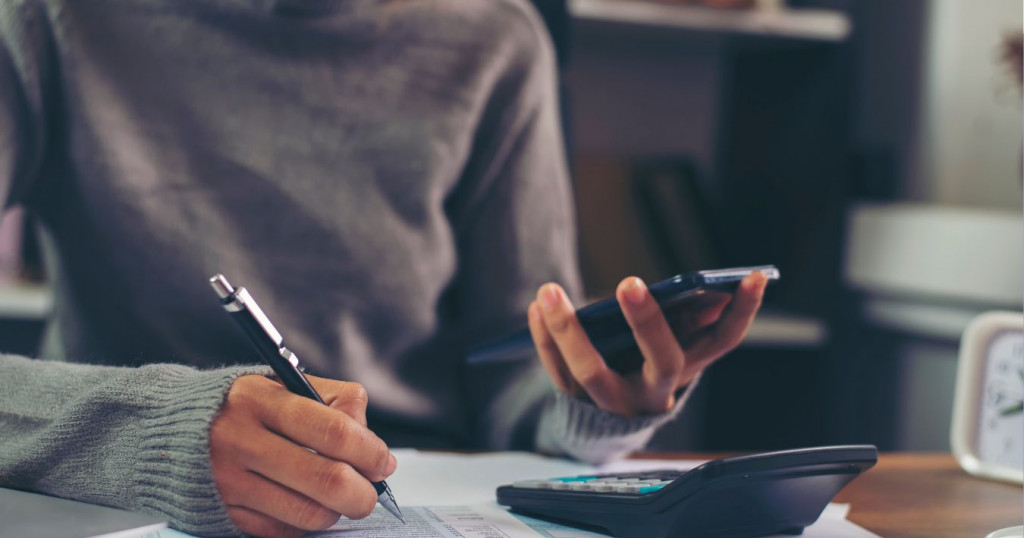
For a complete picture of your tax affairs, it’s necessary to understand things like your income tax and personal allowance. The personal allowance is something that everyone gets, but what does it imply for you specifically?
What constitutes a person’s personal allowance for income tax purposes is the amount of money someone can earn in a single year without having any of it subject to income tax.
How much is the personal allowance?
This year, individuals may keep £12,570 of their income before paying taxes. This allowance will remain unchanged until 2028.
If you know how to utilise your allowances, you can increase your personal allowance.
The marriage allowance allows you to give your spouse up to £1,260 of your own allowance. This will save you £252 in taxes for the year.
As of the 2021–2022 tax year, the personal allowance for those who get blind person’s allowance is £2,520, and it will increase to £2,600 in the 2022–2023 tax year.
If your adjusted net income is more than £100,000, your personal allowance will decrease by £1 for every £2 of that amount.
So, you don’t get a personal allowance if your taxable income is more than £125,140.
Further tax-free allowances
Additionally, there are tax-free allowances for:
- Savings interest
- Dividends
Trading and property tax-free allowances may also be available for:
- The first £1,000 of income from self-employment
- The first £1,000 of income from rented property
What is your income tax liability?
Because most people are eligible for some of the exemptions discussed above, they often do not have to pay income tax on all of their taxable income.
However, the marginal tax rate determines how they are taxed:
- If you earn up to £12,570, you will pay 0% income tax
- If you earn £12,571 to £50,270, you will pay the basic rate tax of 20%
- If you earn £50,271 to £150,00, you will pay the higher rate tax of 40%
- If you earn more than £150,000, you will be subject to an additional rate of tax of 45%.
With effect from April 2023, the standard income tax rate will be lowered to 19%.
In addition, in April 2023, the additional rate allowance will decrease from its current rate of £150,000 to £125,140.
Get in touch
Contact our tax advisors at enquiries@aitaccountants.co.uk for assistance with your personal tax returns.
0 Comments